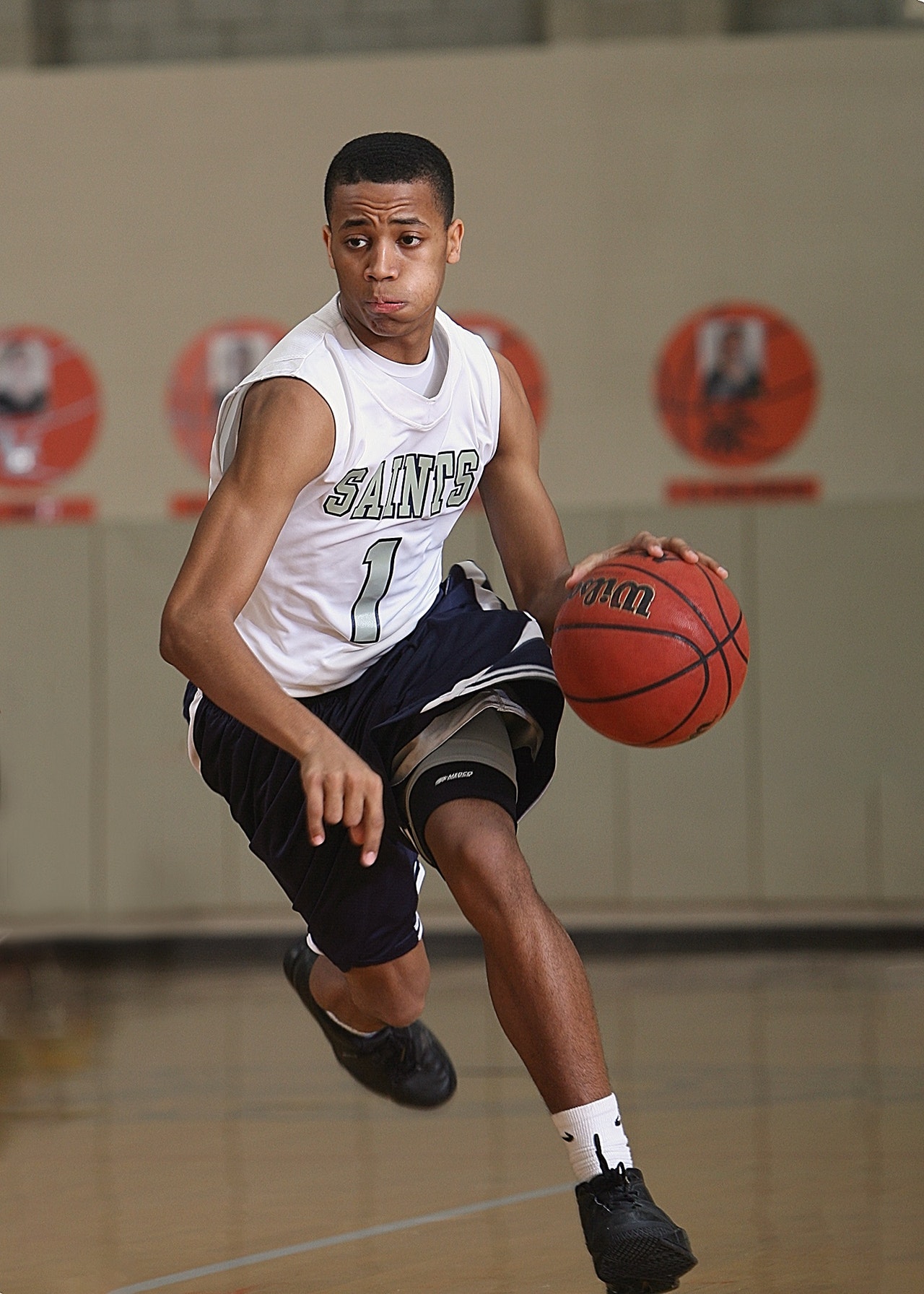[dropcap]C[/dropcap]an you imagine what it is like for an athlete to wait for their turn during a tournament or the Olympics? This can be a harrowing experience for some athletes, unless they know how to deal with mental game challenges. So, if you find yourself demotivated at one time or another, it is important to know that you’re not the only one experiencing such moments.
But there are solutions.
Common Mental Challenges Athletes Must Face
Low self-confidence
The belief that you can execute a task or win an event is key to success in sports. Your confidence is what sets you apart from the rest of the pack.
But if you’re not confident in your performance or doubt your ability, you will end up with performance anxiety. When this happens, it could go downhill from there.
But don’t let your low self-confidence beat you.
Ask yourself, “why not you?”
If someone else can do it, why can’t you? There is a good reason why you are a part of the tournament or the team. You have the skills expected from you, you just need to draw strength from that to boost your confidence.

High expectations
High expectations about your performance could cost you the trophy. You will end up constantly judging your performance and comparing it to other athletes. Your focus is on the results, which would lead to frustration when you’re not playing up to your expectations.
This will also limit your performance and eat at your confidence little by little. Every time you feel like you failed your expectations, the less confident you will become with your performance.
Experts suggest having a strong self-belief without the self-judgement and high expectations.
Your expectations will also lead you to aim for perfection, which should not be the case. The best athletes aim for excellence. After all, it’s the best skater that wins not the perfect skater.

Fear of failure
This often stems from high expectations, worrying too much about the results or outcome, and having social approval issues that can lead to anxiety or tension.
Many athletes worry about letting others down by not performing up to other people’s expectations. This often leads to so much pressure that they end up breaking down.
Rather than fear failure and social approval, make “next play” your motto. The term may be used when a basketball player totally missed a basket but it’s also a reminder for athletes to leave their mistakes in the dust and move forward.
There is no point over-analyzing your mistakes as it happens. For as long as the ball is still in play, give yourself enough time to reflect on what just happened but keep playing to the best of your abilities.
Breakdown in trust
To be the best at your game, you need to give up control and allow your body to perform the way you have trained for the game. It is important that you perform with freedom or trust, so you can rise up against adversity or pressure.
Athletes that lack trusts tend to over analyze their performance, make indecisive decisions, and question the game plan. During a competition, it is important to do the opposite—stick to your game plan, be decisive, and perform to the best of your ability.
A good example for this is when you play blackjack. The rules are simple – you have to beat the dealer’s hand while not going over 21 with your cards. You also have to trust your gut when it’s the right time to “stay” or “stand” so that you will ensure a win. But like any sports, playing this game is not just about discipline and trust. It is also knowing blackjack rules by heart and mastering those rules to improve the player’s skills. Now, that’s how you win in any given sport. Regular practice, dedication and focus.

Perfectionism
There’s a reason why you’re better aiming for excellence instead of perfection. Perfectionist athletes may have high levels of motivation, strong work ethics, and intense desire to succeed but many of them also underachieve.
This is because their fear of failure and a strong desire to succeed causes a lack of trust, a judgmental mindset, and over-analysis of their techniques or mechanics.
As what the author Carol Dweck advises, “Find success in learning and improving, not just winning.”
Athletes may face more mind games than any other profession. But take cues from what Phil Jackson wrote on his book Eleven Rings, “Create the best possible conditions for success, then let go of the outcome.”







